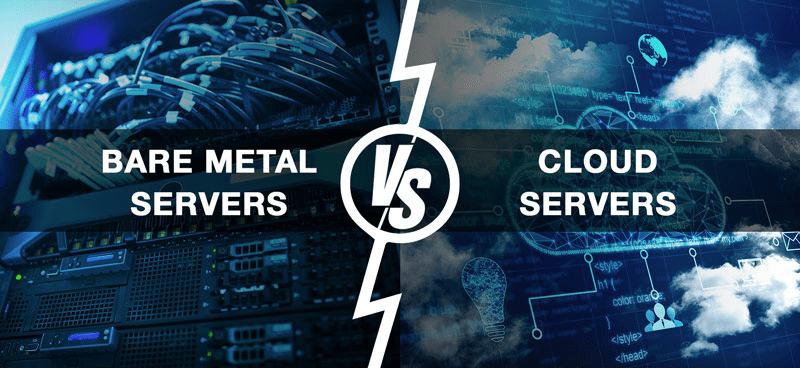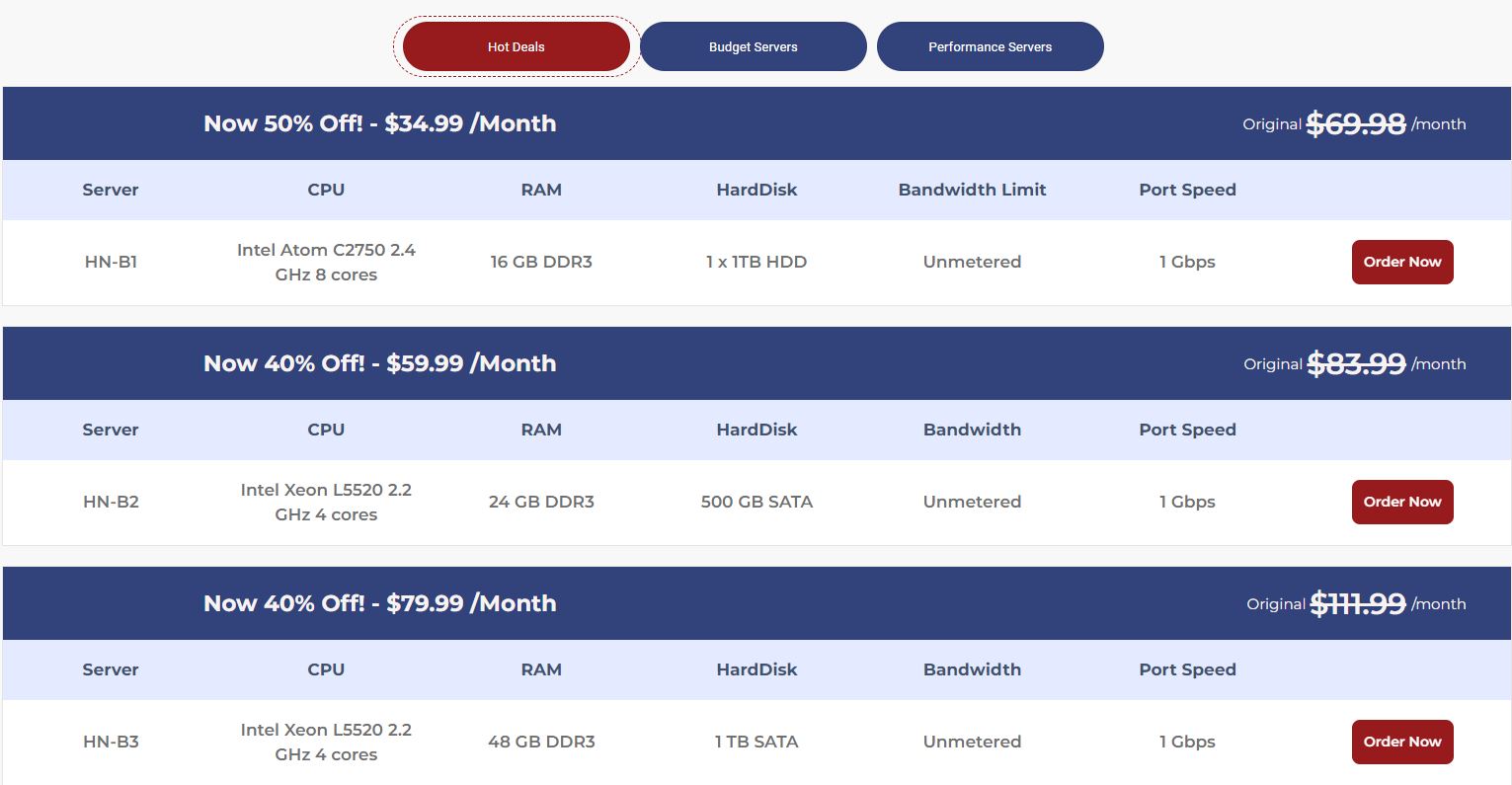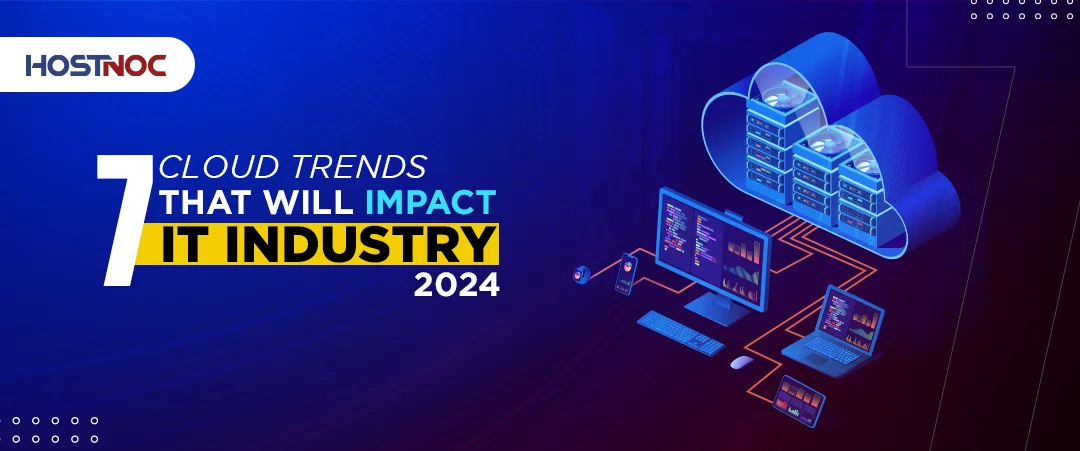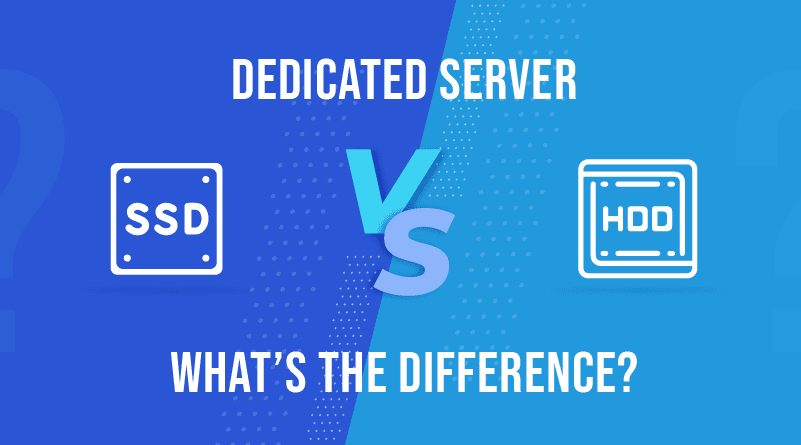Bare Metal Server or Virtual Server: Which One Should You Choose and Why?

Vendor Management: Ultimate Guide To Secure The Best Bargain
September 19, 2022
IT as a Service: Transforming Digital Enterprises For The Better
September 30, 2022Choosing the best server for your business is not as easy as some people might think. From different types of servers to numerous hardware and software configurations, tons of features to different pricing plans; there is a lot that goes into server selection. If you don’t know about the different types of servers and their advantages and disadvantages, then you might struggle to make the right decision.
To help you make the right choice, we are comparing two common types of servers that server providers offer to help you make an informed decision. In this article, you will learn about the pros and cons as well as the differences between bare metal servers and virtual servers, so you can decide which one is right for you.
What is Virtual Server?
A virtual server, commonly known as virtual private server, leverages the power of virtualization to create separate boundaries for each party sharing the server. This means that you will get dedicated resources, but other websites are also sharing the server with your website. It gives you the perfect middle ground between a dedicated and shared server.
VPS server uses a main server to host multiple virtual servers. The only difference is that they are isolated from one another but still share networking resources. This means that you can be impacted by bad neighborhood effects even while using a virtual server but at least you do get dedicated resources.
What is a Bare Metal Server?
Think of a bare metal server as your personal computer. These servers are dedicated for a single client so you can get all the resources without having to share the server with anyone else. You can enjoy top-of-the-line server performance, security and customization. The operating system is installed on the hard drive of the bare metal server. Your server provider might add an extra virtual layer on top of the host server through hypervisor software, which makes management easier. Additionally, you get the same level of security as the cloud.
What are the Differences Between a Virtual Server and Bare Metal Server?
One of the biggest differences between a virtual server and a bare metal server is resource allocation. In a bare metal server, all the resources are dedicated to you and there are no other tenants sharing the server resources. On the contrary, resources are shared between multiple tenants in a virtual server environment. Simply put, bare metal servers are single tenant while virtual servers are multi-tenant. That is why bare metal servers enjoy a clear edge over virtual servers when it comes to security and privacy.
Pros and Cons of Bare Metal Servers
Here are some of the pros and cons of bare metal servers.
Pros
- Superior performance
- Isolated environment
- Customization
Since server resources are solely dedicated and there are no tenants to share it, you get the best performance with bare metal servers. Another benefit of this is that you get an isolated environment, which is far more secure as compared to a virtual server. You will get full control over your bare metal server, which also gives you the freedom to customize everything you want.
Cons
- Resource provisioning takes time
- Poor scalability
- Higher cost
- Complex server setup process
Since bare metal servers are physical, they do not offer the same level of scalability as you get from virtual servers. Yes, you do get better performance with bare metal servers but you will also have to pay a premium for it. The server setup process is complicated and resource provisioning is time consuming.
Pros and Cons of Virtual Server
Here are some of the pros and cons of virtual server:
Pros
- Scalability
- Lower cost
- Instant resource provisioning
Two areas where virtual servers have a clear advantage over bare metal servers are cost and scalability. Virtual servers are not only easily scalable but they also cost less as compared to bare metal servers. Combine that with fast resource provisioning and you can easily scale resources according to changing business needs.
Cons
- Server performance
- Bad neighborhood effect
- Limited hardware options
As mentioned before, server resources are shared between multiple tenants in a virtual server environment. This means that you will have to compromise on server performance. When you opt for a virtual server, you will have to share your server with multiple tenants. If any one of these tenants is involved in malicious activities or comes under a cyberattack, it can also affect your website.
Which One Should You Choose and Why?
Your choice of server solely depends on your business needs. If your business needs uncompromising performance, fail-proof security and ultimate privacy, and can afford to pay a higher price for it, a bare metal server might be a better option for you. On the flipside, if your business cares more about scalability, requires instant resource provisioning, as well as a smaller price tag, a virtual server is a much better choice.
Which type of server would you choose and why? Share it with us in the comments section below.




